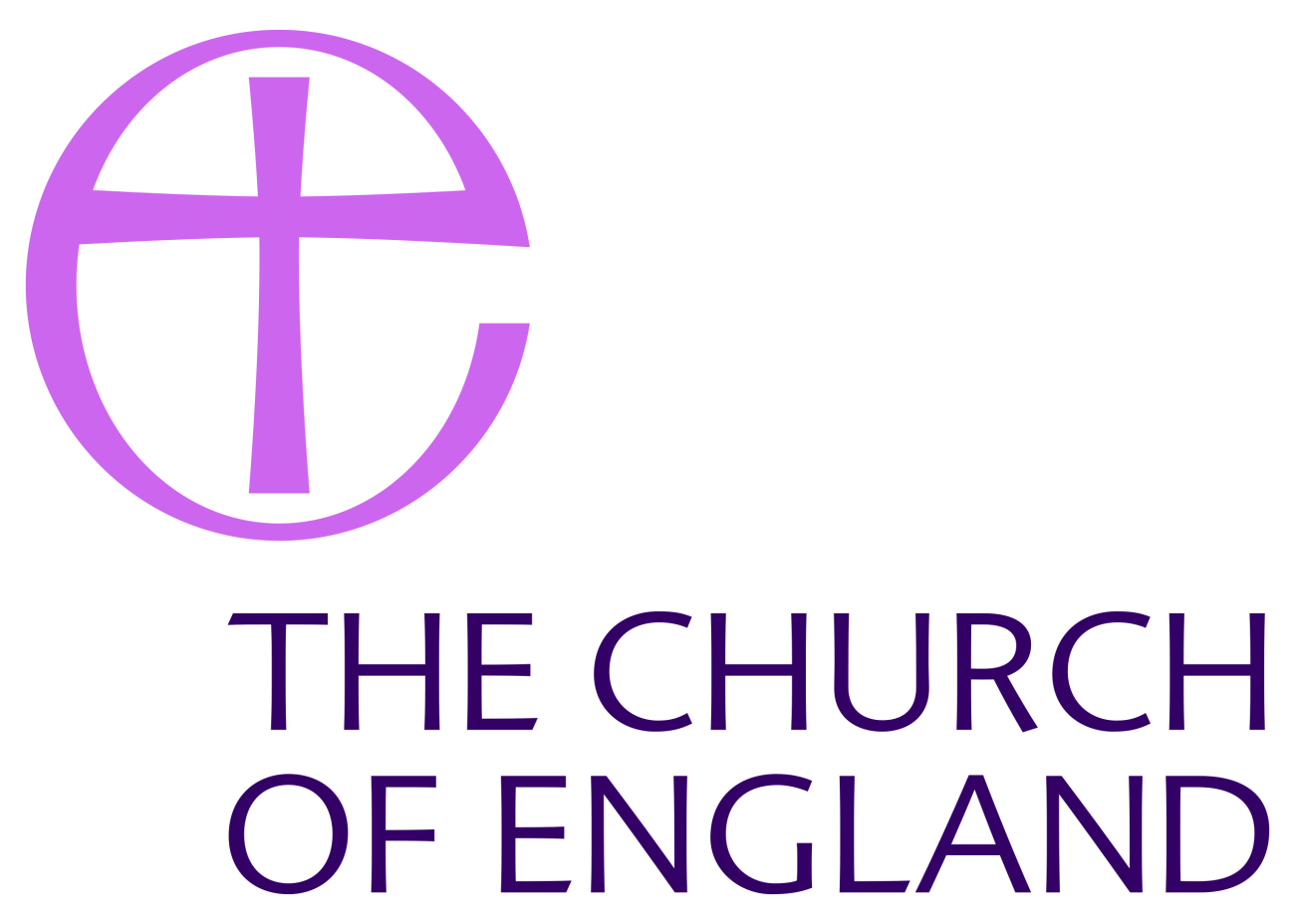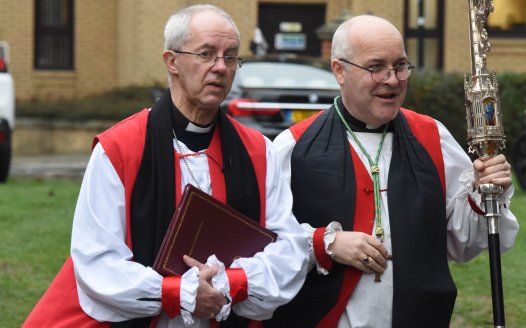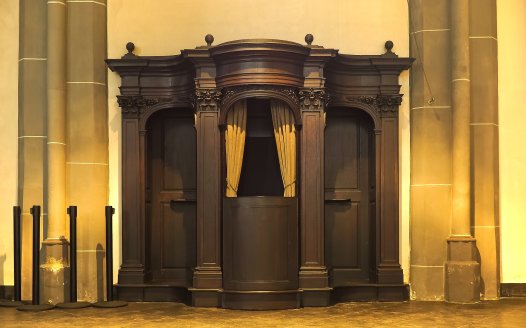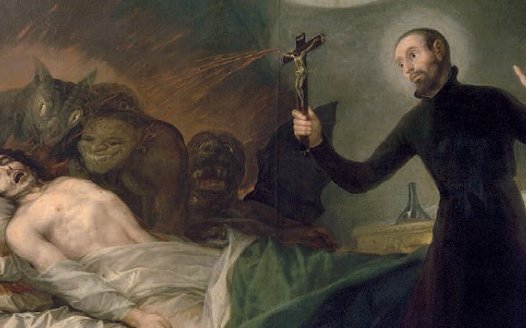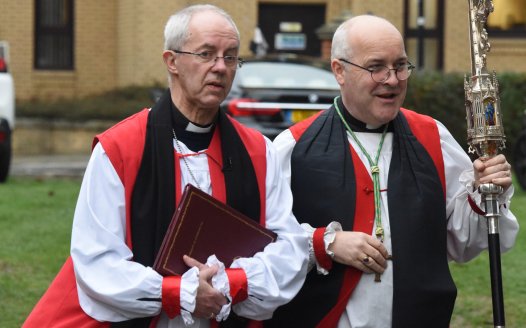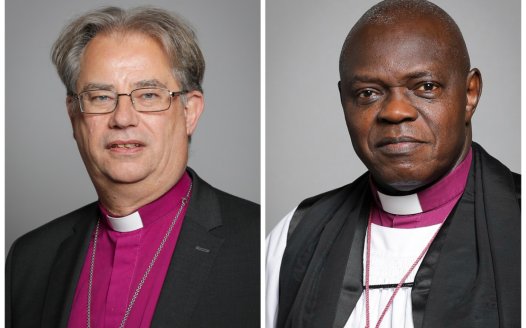Report: CofE safeguarding “below standards” of secular institutions
Posted: Thu, 22nd Feb 2024
Most victims and survivors unsatisfied with safeguarding approaches, while safeguarding 'weaponised' to remove those "seen as a nuisance", report finds.
Safeguarding in the Church of England "falls below the standards expected and set in secular organisations", an expert has said.
A report published yesterday has concluded that CofE safeguarding is "flawed" and "cannot be sufficiently improved whilst it remains within Church oversight".
The report by Professor Alexis Jay, who previously chaired the Independent Inquiry into Child Sexual Abuse (IICSA), was commissioned by the CofE to make recommendations for making its safeguarding fully independent of the Church. It included an "extensive engagement programme" with a wide range of people, including abuse victims and survivors and clergy, to provide views on the current system.
The CofE "needs to take action urgently to restore trust and confidence in its safeguarding by victims, survivors, those wrongly accused and the general public", the report said.
The report echoes many of the concerns expressed to IICSA by Richard Scorer, NSS vice president and lawyer specialising in representing victims and survivors of sexual abuse.
The report recommended the creation of two separate charities: one for independent operational safeguarding and one for independent scrutiny of safeguarding. These would be "funded by the Church but structurally independent of them".
70% of abuse victims and survivors unsatisfied with safeguarding outcomes
The report found Church leaders "have failed to allay suspicions and belief that the underlying intention of the Church is to retain control of safeguarding inside the Church and to protect its reputation".
It said the Church's recent decision to sack its independent safeguarding body and dismiss two board members "marked a further deterioration" in its relationship with victims and survivors of abuse. Jane Chevous, a member of the Church's National Safeguarding Panel, said the decision meant it was "dangerous to trust the Church".
A survey conducted for the report found 70% of victims and survivors felt 'unsatisfied' or 'very unsatisfied' with the outcome of the safeguarding process. Sixty-four percent felt 'unsatisfied' or 'very unsatisfied' with the quality of the safeguarding response and the support offered.
The report said there is "significant" potential for parish priests and bishops to have a conflict of interest, such as knowing the accused person or the complainant or having a "personal interest" in the outcome of a safeguarding decision. It said these conflicts of interest "undermined good quality safeguarding and affected trust and confidence in the system".
Other concerns identified included "inequity of funding" across dioceses, a "lack of a uniform complaints system", "poor data collection", "no independent system of scrutiny", "variable interpretations of guidance", a "lack of clarity among parish safeguarding officers about their role", and "inconsistent professional support and supervision to safeguarding professionals".
Church "weaponised" safeguarding to remove people "seen as a nuisance"
The report found examples of safeguarding being 'weaponised' as a pretext for removing people "on the basis of moral judgements or simply because they were seen as a nuisance".
Issues incorrectly treated as safeguarding matters included parishioners "with no vulnerabilities who were involved in consensual extra marital relationships". The report said it was "notable" that several examples "related to women and gay clergy".
Being recorded as a 'safeguarding risk' often put these individuals "on a path that could devastate their lives, in many cases losing their livelihood, accommodation and faith community", the report said.
The report rejected demands from some respondents in the engagement process that being a Christian "should be a prerequisite" for the appointment of safeguarding professionals in the CofE. It said the "only criteria" for selection should be "relevant qualifications, experience and evidence of high professional standards".
It also rejected views that safeguarding in the Church needs to be "rooted in theology or scripture". It said: "As a basis for decision-making on allegations or concerns about child and adult protection, this is inappropriate and does not reflect statutory guidance".
Richard Scorer said: "It has been clear for several years that the Church of England cannot be trusted to do its own safeguarding effectively. This was obvious from IICSA.
"Professor Jay's report rightly concludes that only fully independent bodies can reliably run and oversee this now. Her solution is the right one.
"My main concern is that the report contains no timetable for establishing these new bodies and I fear that the Church of England will stonewall and try to play for time.
"I am opposed to having an established church but as long as we have one, this gives parliament the right to intervene and I hope parliament will now do so to ensure that implementation is not endlessly delayed."
Yesterday the government announced it would proceed with mandatory reporting laws, in which anyone in a "regulated activity" relating to children in England would be legally required to report it if they know a child is being sexually abused. The NSS and other campaigners have lobbied for religious institutions to be subject to mandatory reporting laws.
NSS: CofE's agenda 'prioritised again and again over victims and survivors'
NSS head of campaigns Megan Manson said: "This damning report's findings are bleak.
"They paint a picture of a chaotic and uncaring Church where the CofE's agenda has been prioritised again and again over abuse victims and survivors, and those vulnerable to abuse.
"The report underlines the need for radical change in the Church, unimpeded by religious concerns, to bring its safeguarding in line with comparable secular organisations.
"It also supports the argument for mandatory reporting laws to ensure abusers can never get away with their crimes."
Event: Tackling abuse in religious communities
Sunday 17 March 2024 at Manchester Art Gallery, Mosley St, Manchester M2 3J

